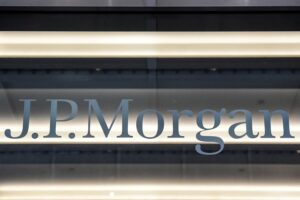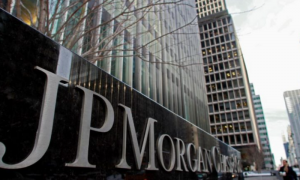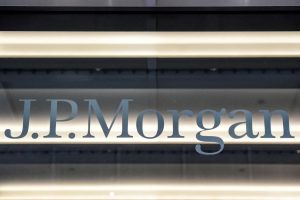Latest News
-
Prime Minister Mitsotakis to Participate in EPP Congress in Valencia
-
Greece’s Grid Operators on High Alert after Blackouts in Spain, Portugal
-
Gale-Force Northerly Winds up to 9 Beaufort in Greece, Drop in Temperature
-
Breakdown in U.S.-China Relations Raises Specter of New Cold War
-
Kostas Tsimikas Becomes First Greek to Win Premier League
-
Greek Tourism Robust in June, to Drop Slightly July, August, Study Suggests
-
German Court Greenlights Deportations to Greece
-
Construction Sector in Greece Sees Sharp Decline in January 2025
-
Greece: Rental Prices Continue to Surge in 2025
-
Moscow, Pyongyang Acknowledge Presence of North Korean Troops in Ukraine Conflict for First Time
-
Savina Yannatou’s ‘Watersong’: A Global Ode to Water and Tradition
-
Greek Court Ruling Blocks New Fee on Short-Term Rental Companies
-
Columbia University in Greece: A Vote of Confidence With Emerging Opportunities
-
On the Road to the Elections
-
Spain-Portugal Power Outage: Emergency Cabinet Meeting in Spain, as Country Plunged into Darkness (videos-photos)
-
Putin Announces Three-Day Ukraine Cease-Fire in May
-
Nationwide Power Outages in Spain and Portugal Leave Millions Without Electricity
-
Greek Supreme Court (CoS) Launches Investigation Over Corruption in Public Works Contracts
-
Streaming in Greece: Fines Await Users of Pirated Platforms
-
Navigating Greece’s Tax System: A Guide for Freelancers
-
Sudden Ground Cracks in Crete: Investigations Underway Amid Ongoing Risk
-
Michalis Kritikopoulos – Linked With the Team Forever
-
Tango in the Port
-
Collaboration Between City of Athens and Boston
-
Price Caps in Greece and the Tomato














